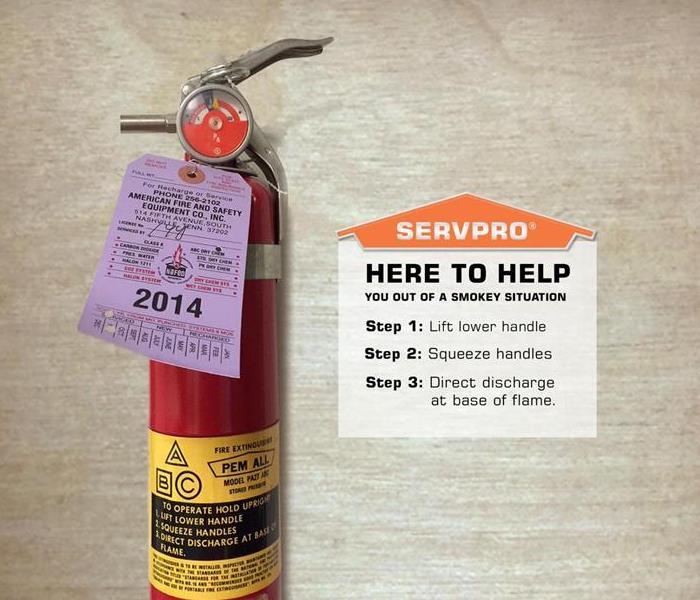Fire Damages and Insurance
3/7/2019 (Permalink)
There are many different types of coverage you may have related to your fire damage, and understanding this now and selecting the right insurance plan could save you time and money in the future.
Often people are unaware of their insurance plan, coverage, details, and are mistakenly convinced that the entirety of their fire damage will be covered. What this results in is a large bill to you, and quite the headache if you don’t understand the inclusions and limits of your policy.
This needs to be prefaced with the following: we do not benefit from you increasing/decreasing insurance coverage at all. We are not here to sell you more insurance coverage or scare you into thinking you will not be covered. Every insurance and every policy is different. We are just going to be covering the basics to give you a better understanding of where you may fall, and from there you can determine if your coverage is enough, too much, or too little.
First, we have renters insurance. This insurance is for apartments or rental homes where your items may be affected but you are not the owner or insured for the actual residence itself. Your renter's insurance policy ought to cover fires under the “covered perils” section. There will be a few different coverages in rental insurance with limits and deductibles, so it is important to understand what these are.
Personal property coverage will cover all of your items damaged/destroyed during a fire, up to a certain limit. These may include a deductible that means you have a responsibility for a certain portion of the costs before the policy begins paying for damages.
Loss-of-use coverage is something that will cover any additional expenses that result because you can no longer live in the property you were renting. Not every policy includes loss-of-use coverage, so it is important to check if yours does. This covers hotel costs if necessary.
Another common form of insurance that covers fire damages is homeowners insurance. Fire is one of the named perils that is covered. Generally, this will include dwelling coverage and personal property coverage. Dwelling coverage will pay for the cost of repairing or rebuilding your home. This, along with similar personal property coverage from rental insurance, usually have a limit that is the maximum amount the insurance will pay.
You can look for other fire specific insurance coverages if you are worried that your limit is not high enough to completely cover the cost of fire damages.
Another type of coverage that may or may not appear on your homeowner's insurance is Additional Living Expenses. This, similar to loss-of-use, is for any food, hotel costs, and other expenses that are incurred when you cannot stay in your home.
Other things that often do not appear in your homeowners insurance include coverage if the home was vacant for more than 30 days prior to the fire, arson, when a fire is deliberately started by a person, is not covered by general homeowners insurance, and fires that damage things such as your car, detached sheds, and other property located outside your home would also not be covered. You can look into additional coverage for these items as needed.
There is never a good time for a fire to strike. We at SERVPRO of Ellis County understand that when you are dealing with fire damage, there are seemingly hundreds of pertinent things that must be done to get your house back to pre-fire condition.
One thing you can do is read up on your homeowner's or renter’s insurance, look for a section specifically covering fire, and learn what your policy details are. You are looking for limits, deductibles, possible exceptions, and anything else that may be pertinent. Knowing how your insurance will be handling your fire claim can save a lot of time and confusion in the future.
If you want to read more about homeowners insurance, you can do so here or for more information on fire coverage beyond homeowners insurance.
Written by: Brendan Gillette



 24/7 Emergency Service
24/7 Emergency Service
